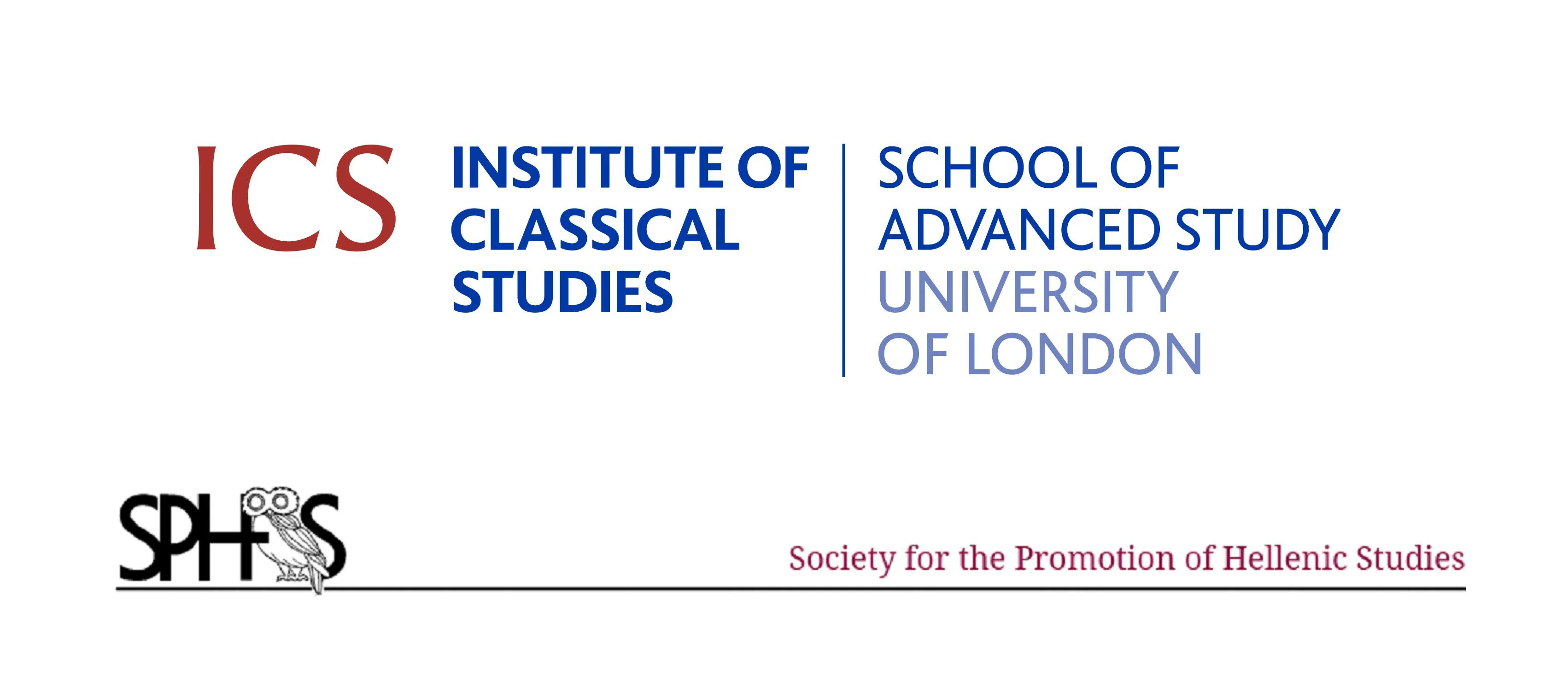Please note: this event has passed
What do we mean when we define religion and ‘state’ in the ancient world? Take for example Sophocles’ Antigone, a play written in Athens in the 5th BCE, at the height of Athens Imperial aspirations. In the play, the eponymous heroine defies state orders and buries her brother Polynices. Her act of civil disobedience in performing a burial ritual against king Creon’s orders exemplifies an intersection between family ritual and that of the state; Antigone claims that she acted in accordance with divine law rather than man-made law. Sophocles’ Antigone reminds us that the intersection between family ritual was not always a smooth affair. It also addresses the issue that Greek ritual did not only belong in the realm of the state or the polis but also the family (genos) and the household (oikos).
The aim of this conference is to explore how religion brought avenues of interaction between state and group/family in the Greek world from the Late Geometric to the Hellenistic periods. The goal is to understand religious practice as part of a greater picture of the relationship between groups/families and the state as evidenced by, but not limited to, burial ritual, cult instigation, site transformation, and ritual practice. Key elements at play are social, political, and economic factors and interests, which furthered the interconnection between the state and individual families via religious interactions. Group competition, elite antagonism, social control and gender/status division, or individual promotion could impact the relationship between the state and a group or family. Special focus will be placed on continuity and change of these developments through the Archaic, Classical, and Hellenistic periods.
This is a Hybrid event with in-person and online attendance. We encourage in-person attendance (Room 1.02, Bush House South East Wing, Strand Campus, London. If you would like to attend in person, please email Nicolette.Pavlides@kcl.ac.uk
Programming
9.00-9.30: Coffee/Tea/Biscuits/Registration
Polis Formation (9.30-11.30) Chair: Hans van Wees
9.30-10.00: Ritual Continuity, Spartan State Formation, and the Debate of ‘Polis-Religion’ (Florentia Fragkopoulou)
10.00-10.30: Cult & Religion on Despotiko: from a personal to an interlocal affair (Alexandra Alexandridou)
10.30-11.00: Contextualising “oikos” and “polis” Religious Practices in Early Greece (Alexander Mazarakis Ainian)
11.00-11.30: Coffee Break
Commensality (11.30-13.00) Chair: Nicolette Pavlides
11.30-12.00: Identifying Group Identities through Commensality in Protohistoric Crete (Catherine Judson)
12.00-12.30: Private or Communal? The disappearance of the local communal hearth and the rise of the Athenian state (Floris van den Eijnde)
Lunch for Speakers (13.00-14.00)
Funerary customs (14.00-16.00) Chair: Paola Ceccarelli
14.00-14.30: Tombs, Monuments and Social Practices in Athens from the Geometric period to the Persian Wars: ‘family groups’, local communities and polis community (Anna Maria D’Onofrio)
14.30-15.00: Between Oikos and Polis: Funerary Rituals for War Dead in Archaic and Classical Greece (Reine-Marie Bérard)
15.30-16.00: Family Ritual through Polis’ Ritual in the Classical Period: the case of Athens
(Eleni Papadogiannaki)
Coffee Break (16.00-16.30)
Cognitive Approaches (16.30-18.00) Chair: Hugh Bowden
16.30-17.00: Remembering Aglauros: Interaction, differentiation and experiencing the genos-Polis relationship during the Plynteria (Ben Stanley Cassell)
17.00-17.30: Auntie, Where are Thou? Unearthing female kin bonding in Greek Religion
(Irene Salvo)
17.30-18.00: Worshipping Gods and Goddesses of Birth (Saskia Peels-Matthey)
Event Information
- Nicolette Pavlides; email: Nicolette.Pavlides@kcl.ac.uk
- Julietta Steinhauer; email: j.steinhauer@ucl.ac.uk
This is a Hybrid event with in-person and online attendance. We encourage in-person attendance. If you would like to attend in person, please email Nicolette.Pavlides@kcl.ac.uk
Abstracts
Partners

Event details
Room 1.02Bush House South East Wing
Strand, London WC2R 1AE
